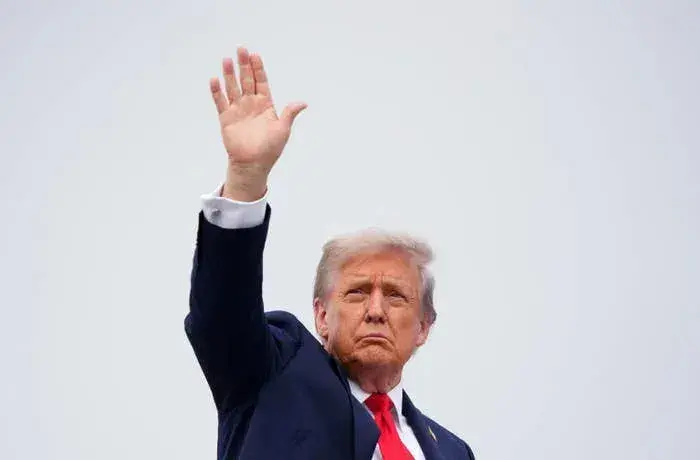U.S. District Judge Tanya S. Chutkan handled the case. In her ruling, she expressed alarm over the government’s actions, calling them troubling and even “cavalier.” She stressed that the individuals involved had legal protections in place and that sending them to a third country appeared to undermine those protections.
But the judge concluded that once the migrants were outside U.S. custody, the court had no jurisdiction. Simply put, once the individuals were transferred into the control of Ghanaian authorities, she could not intervene, regardless of the risks they might face.
⚠️ Key Concerns Raised
Due Process: Critics argue the use of third-country deportations bypasses protections that were lawfully granted by U.S. courts.
Human Rights Risks: Many fear that once in Ghana, or if eventually returned to their home countries, deportees could face threats to their lives and safety.
Transparency: The lack of clear public information about these arrangements has fueled suspicion. Some say the government is using loopholes to sidestep obligations under U.S. and international law.
🌐 Legal & Policy Implications
This case highlights a troubling gap in the system: U.S. law can recognize someone’s right not to be deported to a dangerous country, but that protection becomes meaningless if the government can instead deport them to a third country willing to accept them.
It also raises questions about international agreements and obligations. If the U.S. has promised protection to certain individuals, does sending them elsewhere absolve that responsibility—or does it violate both the spirit and the letter of the law?
🔭 What to Watch Next
Legal Challenges: Advocacy groups may try to find new ways to challenge these deportations, possibly targeting the legality of the third-country arrangements themselves.
Conditions in Ghana: Human rights groups are monitoring what happens to deportees once they arrive. Their safety, treatment, and legal status will all be critical factors.
Political Fallout: The case could intensify debate in Washington over immigration enforcement and whether reforms are needed to close this legal loophole.
International Reactions: The global community may press the U.S. on whether it is living up to its commitments under anti-torture and refugee protection conventions.

Comments 0
No comments yet. Be the first to share your thoughts!
Leave a comment
Share your thoughts. Your email will not be published.